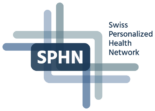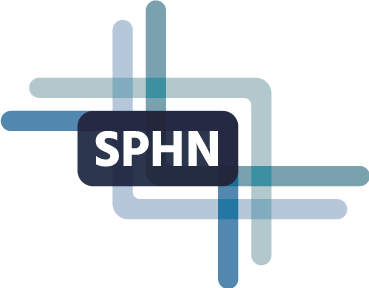The LOINC journey in Italy – Methods and Experiences
Presenters: Elena Cardillo and Maria Teresa Chiaravalloti, Institute of Informatics and Telematics, National Research Council in Rende, Italy.
About this Webinar:
LOINC (Logical Observation Identifiers Names and Codes) is a common language for identifying laboratory tests and further clinical measurements, observations, and documents. It is provided by the Regenstrief Institute of Indianapolis (US), used in many countries around the globe and has been adopted by the SPHN National Steering Board in 2020 as a standard for laboratory data within the SPHN Interoperability Framework. LOINC is one of the key semantic standards towards FAIR data in biomedical research and at the core of successful laboratory data interoperability within SPHN and beyond.
The Italian National Research Council (CNR) realized the first Italian version of LOINC in 2010 and since then it manages translations, education and promotion of the standard. It also supports the use of LOINC in Italian government laws, guidelines and technical documents. In 2014 CNR and Regenstrief Institute signed a Memorandum of Understanding that recognizes CNR as official Italian reference for LOINC. In 2015 a Prime Minister Decree stated its use into the Italian Federated Electronic Health Record for identifying document types and laboratory tests. During the last few years CNR also developed an Integrated Terminology Service, namely STI, to support regions and professionals in the management, searching and mapping of terminologies and coding systems, including LOINC. This service is now available for reuse by all the Public Administrations in Italy.
Implementing LOINC is not a matter only for laboratory technicians nor only for computer scientists, but it requires a collaboration between these two professional figures and the knowledge of some technicalities of the standard that allow them to be highly granular in identifying the test performed. This high level of detail, while complex at first glance, is actually what makes the standard accurate in identifying a parameter.
Date: 02 February 2022
Time: 11-12:00

